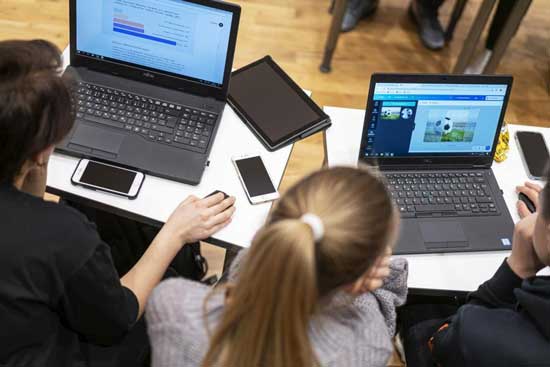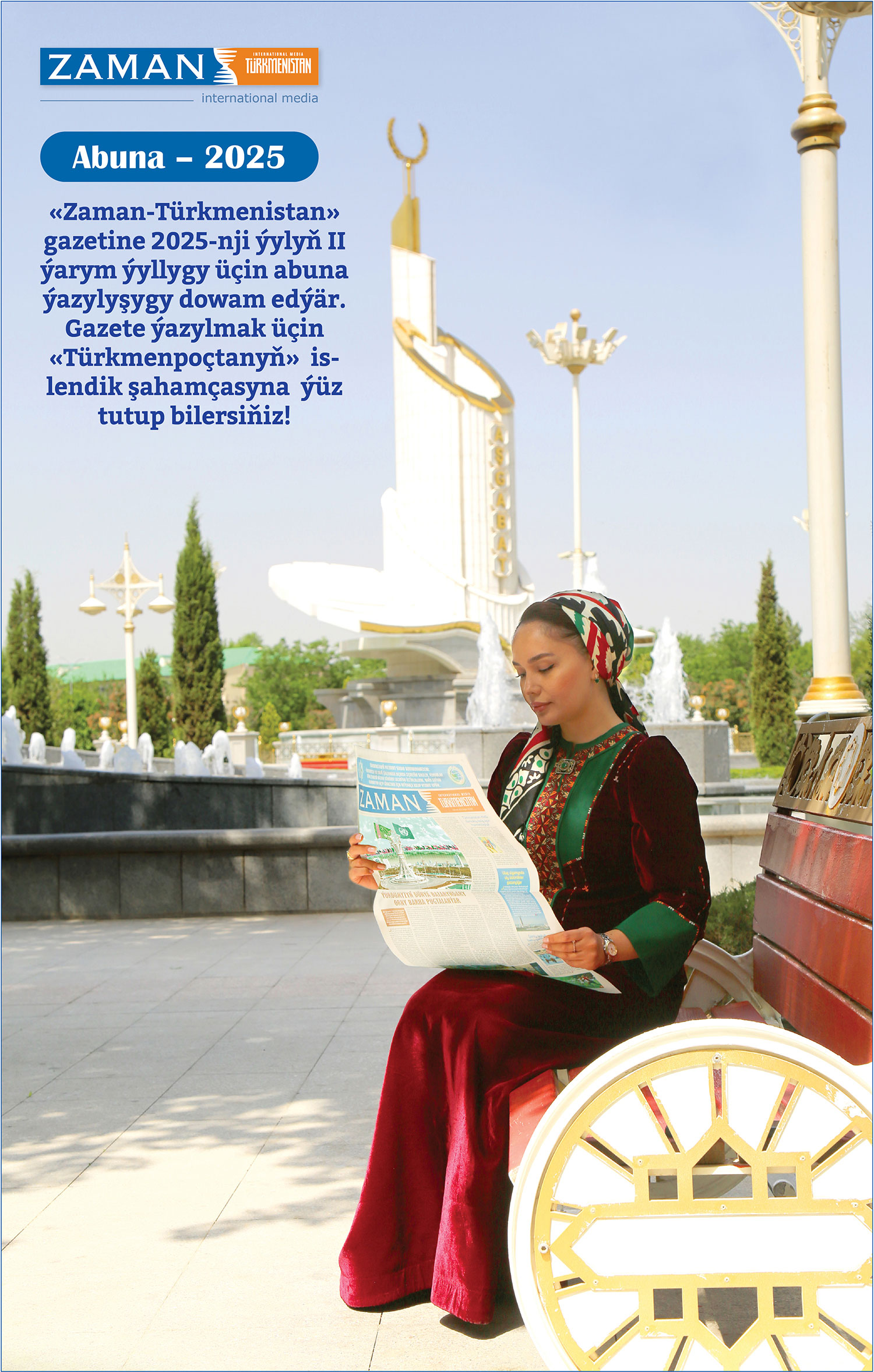While many schools in England have banned smartphones, in Estonia – regarded as the new European education powerhouse – students are regularly asked to use their devices in class, and from September, they will be given their own AI accounts.
The small Baltic country – population 1.4 million – has quietly become Europe’s top performer in the Organization for Economic Co-operation and Development’s program for international student assessment (Pisa), overtaking its near neighbor Finland.
Estonia is launching a national initiative called AI Leap, which it says will equip students and teachers with “world-class artificial intelligence tools and skills”. Licences are being negotiated with OpenAI, which will make Estonia a testbed for AI in schools. The aim is to provide free access to top-tier AI learning tools for 58,000 students and 5,000 teachers by 2027, starting with 16- and 17-year-olds this September.
Teachers will be trained in the technology, focusing on self-directed learning and digital ethics, and prioritizing educational equity and AI literacy. Officials say it will make Estonia “one of the smartest AI-using nations, not just the most tech-saturated”.
Kristina Kallas, Estonia’s minister of education and research, said during a visit to London this week for the Education World Forum: “I know the scepticism and carefulness of most of the European countries regarding screens, mobile phones and technology. The thing is that in the Estonian case, society in general is much more open and prone to using digital tools and services. Teachers are no different.”







